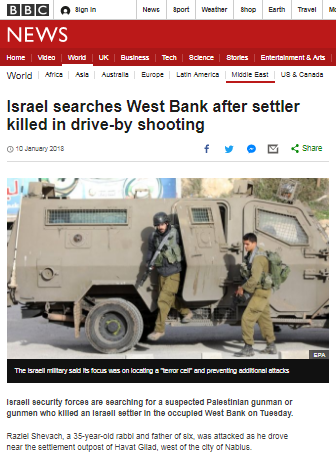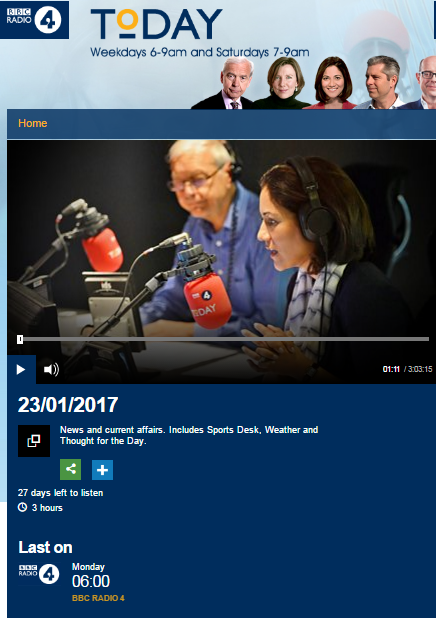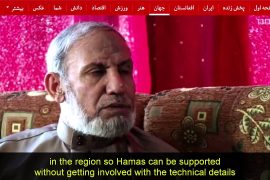As was noted here previously, in BBC News website coverage of the murder of Rabbi Raziel Shevach in a terror attack near Havat Gilad on January 9th audiences were twice told that “Palestinian militant groups Hamas and Islamic Jihad praised the attackers” but were not informed that the Palestinian Authority president’s party, Fatah, also lauded the attack.
Nine days after the attack the security forces tried to arrest the suspected perpetrators in Jenin. One member of the cell escaped, one was apprehended and one killed after they opened fire on the soldiers. The BBC did not produce any reporting on that incident.
Unsurprisingly, BBC audiences also remain unaware of the fact that senior Fatah figures and Palestinian Authority officials subsequently visited the Hamas-affiliated family of the dead terrorist to offer condolences.
“On January 22, 2018, three senior Fatah figures paid a condolence call at the mourning tent erected by the family of Ahmed Isma’il Muhammad Jarar […]. They were Mahmoud al-‘Alul, a member of Fatah’s Central Committee and deputy Fatah chairman; Jamal Muheisen, a member of Fatah’s Central Committee and in charge of the bureau of mobilization and organization; and Dalal Salameh, a member of Fatah’s Central Committee. […]
Before the visit of the senior Fatah figures, Ibrahim Ramadan, the governor of the Jenin district, came to offer his condolences. He was accompanied by several commanders of the PA security forces. He also gave the family the condolences of Mahmoud Abbas.”
The public purposes laid out in the BBC’s Royal Charter oblige it (inter alia) to:
“… provide impartial news and information to help people understand and engage with the world around them: the BBC should provide duly accurate and impartial news, current affairs and factual programming to build people’s understanding of all parts of the United Kingdom and of the wider world. Its content should be provided to the highest editorial standards. It should offer a range and depth of analysis and content not widely available from other United Kingdom news providers, using the highest calibre presenters and journalists, and championing freedom of expression, so that all audiences can engage fully with major local, regional, national, United Kingdom and global issues and participate in the democratic process, at all levels, as active and informed citizens.” [emphasis in the original]
However, for years the BBC has hindered rather than built its funding public’s understanding of and ability to engage in an informed manner with the topic of the Arab-Israeli conflict – and in particular, the ‘peace process’ – by serially avoiding stories relating to the Palestinian Authority and its leadership which do not fit the BBC’s chosen narrative on the topic.
This past month alone we have seen the corporation heavily censor a speech given by the PA president (and reject a subsequent complaint on the topic), fail to report decisions taken at an important meeting of the PLO, refrain from reporting on another history distorting speech made by Mahmoud Abbas in Cairo and – as we see above – ignore Fatah and the PA’s lauding of terrorism.
The result is that audience understanding – and consequently views – are being shaped by omission.
Related Articles:
BBC News airbrushes Fatah praise from report on terror attack
BBC News continues to blame Palestinian violence on US
BBC claims Abbas’ historical distortions and smears not ‘relevant’
BBC News ignores the story of the new Fatah vice-chair




